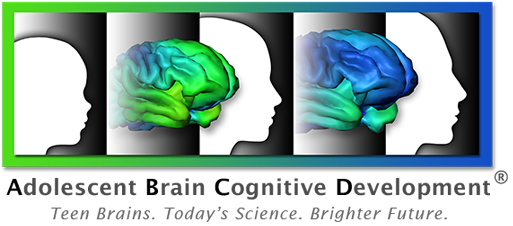We conduct cutting-edge, translational neuroscience studies of how early life environmental exposures affect risk for emergent psychiatric symptoms in young people. This work covers the translational spectrum and includes longitudinal cohort studies, multimodal brain imaging, genomics, treatment development, and implementation research.
Brain health Begins Before Birth (B4)

A growing list of adverse prenatal exposures – from maternal stress and infection to pregnancy and birth complications – have been linked to increased risk for mental illness, in both children and adults. Along with genetic risk, many of these factors are considered non-modifiable, and as such do not readily translate into new protective interventions. We have studied one of the first modifiable and protective factors – folic acid given early in pregnancy – and now seek others. B4 is a first-of-its-kind “learning” pregnancy and birth cohort, currently enrolling families that plan to give birth at Mass General. B4 will enable us to discover, develop, and implement new interventions that may confer life-long protection against risk for mental illness – from autism and ADHD to mood disorders and schizophrenia.
Assessing COVID-19 Effects on NeuroDevelopment (ACEND)
It remains unclear how the COVID-19 pandemic is affecting early brain development. However, prior work suggests that part of the maternal immune response to infection – IL-6 and other pro-inflammatory cytokines – can adversely affect fetal brain development, as can maternal stress. We are studying babies who are born during the pandemic to determine whether these exposures affect early neurodevelopmental outcomes – and, in the spirit of our broader Early Brain Development Initiative – whether potential neuroprotective exposures might offset some of these effects.
Neuroprotective effects of periconceptional folic acid supplements (PFAS)
Folic acid supplements are universally recommended for women of child-bearing age to prevent spina bifida and other neural tube defects. However, the benefits of folic acid, especially when started early in pregnancy, may extend to protection against autism and potentially other psychiatric disorders. Extending our prior research, our current NIH-funded study is determining how exposure to folic acid early in pregnancy influences brain development in early adolescence, including among children who are at increased risk for psychiatric disorders. Dr. Alysa Doyle, of the MGH Learning and Emotional Assessment Program, serves as co-principal investigator.

Adolescent Brain Cognitive Development (ABCD)
Led by NIH, ABCD is the largest study of brain development in the United States, with 11,875 participants undergoing repeated MRI measurements starting at age 9-10. With NIH funding, we are using ABCD data to discover neural signatures of emergent psychiatric symptoms in early adolescence, and relating these patterns to underlying genomic and environmental factors.
Stem Cell-Derived Brain Organoid Studies
Using induced pluripotent stem cell models, we are re-creating effects of prenatal exposures on developing brain tissue, including three-dimensional brain organoids. This work, conducted in Dr. Rakesh Karmacharya’s lab, is providing biological insights around effects of both adverse and candidate protective fetal exposures on single-cell gene expression profiles and other indices of brain development.
Barriers to Periconceptional Folic Acid Supplementation in Community Health Centers
Folic acid is safe, cheap, easily available, and universally recommended to all women of childbearing age. Nevertheless, periconceptional folic acid uptake is generally low, and Latina women in particular have higher rates of neural tube defect-affected pregnancies, lower rates of folic acid awareness, and lower rates of contraceptive use, highlighting the importance of developing periconceptional folic acid uptake interventions to this population. These qualitative studies, led by Dr. Julie Levison, aim to determine the extent to which health systems-level obstacles (e.g., provider knowledge and practice) influence delivery and uptake of PFAS in community health settings.
